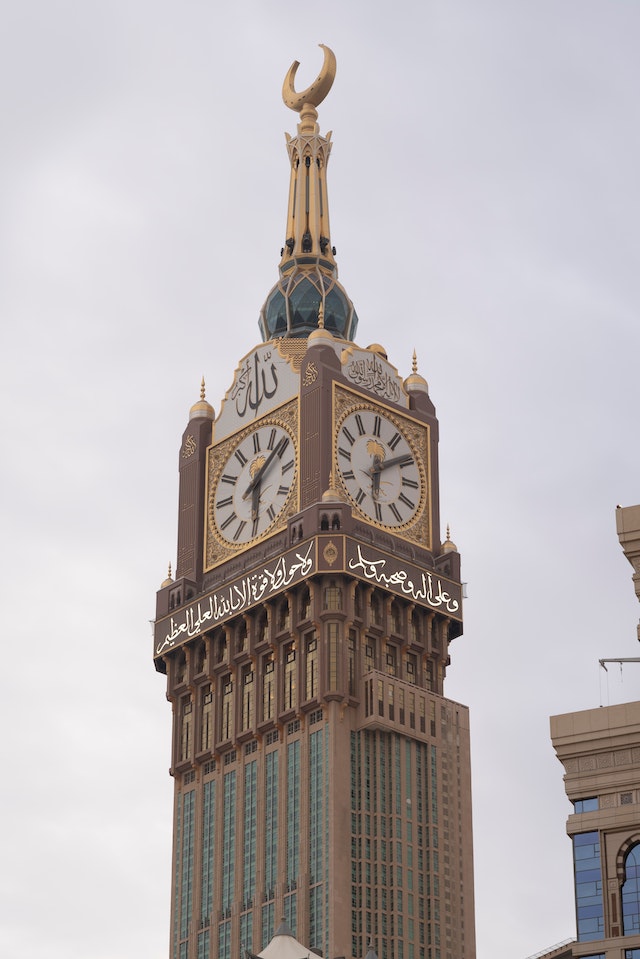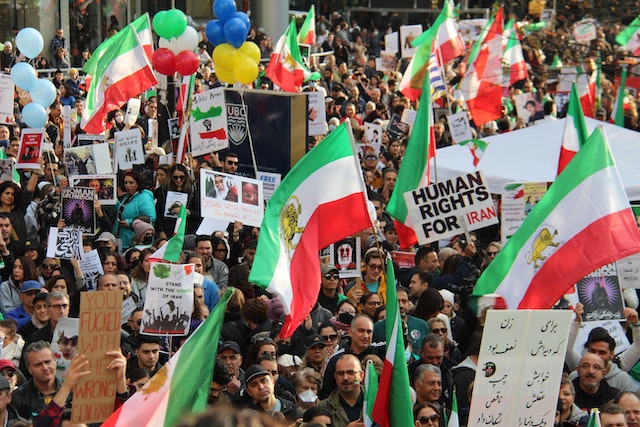In May, the Saudi government announced a ban on the use of loudspeakers for the traditional call to prayer and sermons at mosques. The order requires a two-thirds reduction in volume.
However, a little-known religious leader who criticized the decision in an online article was subsequently arrested by the government.
On a positive note, the head of the federation representing Saudi businesses announced that shops, restaurants, and other enterprises can now remain open during prayer times. This is a significant development in a country where businesses have closed five times a day for decades.
Critics argue that the Saudi government’s recent reforms, including the ban on loudspeakers, are part of a strictly top-down approach to governance. Religious leaders who do not agree with the government have been arrested since 2017, making it clear that all schools of thought will be targeted unless they align with the government.
This crackdown on dissent is seen as an attempt by Crown Prince Mohammed bin Salman to rewrite the power-sharing arrangement between the ruling family and the clerical establishment, which created the kingdom.
While some fear that these measures could unravel the fabric of the kingdom’s Islamic identity, many are hesitant to speak out due to the risk of arrest and the danger it poses to themselves and their families.
The recent ban on loudspeakers for the traditional call to prayer and sermons at mosques in Saudi Arabia has sparked debate and controversy both within the country and around the world. The move is part of a wider push for modernization and reform by Crown Prince Mohammed bin Salman, who has been gradually loosening some of the country’s strict social and religious restrictions in recent years.
While some see the ban as a positive step towards a more open and tolerant society, others argue that it is a top-down approach to governance that threatens the country’s traditional Islamic identity.
One of the main criticisms of the ban is that it was imposed without any consultation or input from religious leaders or the wider community. This has led some to question whether it is an attempt by the government to exert greater control over religious practices in the country, at the expense of the traditional role of the clerical establishment.
Another concern is that the ban could further marginalize conservative elements in Saudi society who feel that their voices are not being heard by the government. This could exacerbate existing tensions between different factions in the country and create a more polarized and divided society.
However, supporters of the ban argue that it is necessary to address the issue of noise pollution in cities and towns across the country. The loudspeakers used for the call to prayer and sermons can be heard over long distances and at all times of day and night, which can be disruptive to residents who are not Muslim or who may not wish to participate in religious activities.
The ban is also seen as a way to promote greater religious tolerance and understanding in the country, by encouraging Muslims to attend mosques in person rather than relying on the loudspeaker to remind them of prayer times.
In addition to the ban on loudspeakers, the Saudi government has also announced other measures aimed at modernizing the country’s social and religious practices. These include allowing women to drive and attend sports events, as well as relaxing dress codes for women in public places.
However, critics argue that these reforms are being imposed from above, without any real engagement with the wider community or with religious leaders. This has led to concerns that the government’s approach is authoritarian and undemocratic, and that it could ultimately undermine the country’s traditional social and religious structures.
Despite these concerns, there are signs that the Saudi people are generally supportive of the government’s modernization efforts. A recent survey found that the majority of Saudis support the lifting of restrictions on women’s rights and are in favor of greater religious tolerance.
However, there is also a sense that these changes need to be accompanied by greater transparency and accountability on the part of the government. Many Saudis are calling for more engagement with civil society and religious leaders, as well as greater protection for human rights and political freedoms.
Ultimately, the success of the Saudi government’s modernization efforts will depend on its ability to balance the need for change with the need to respect the country’s traditional values and identity. If done correctly, these reforms could help to create a more open, tolerant, and prosperous society in Saudi Arabia, but if mishandled they could lead to further polarization and conflict.


